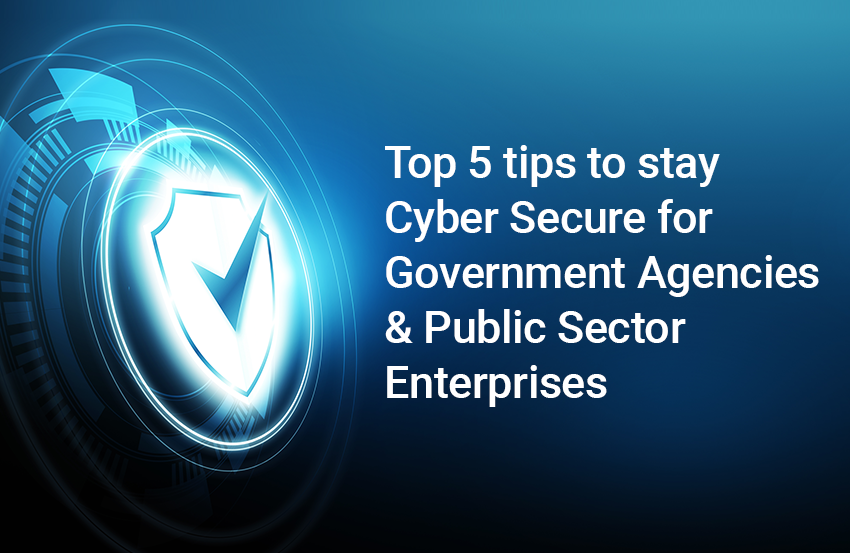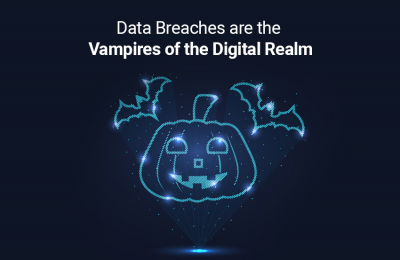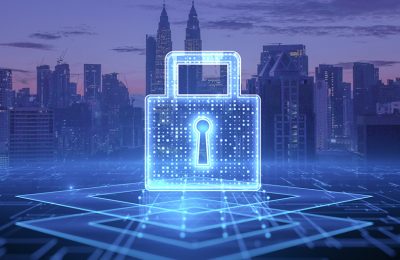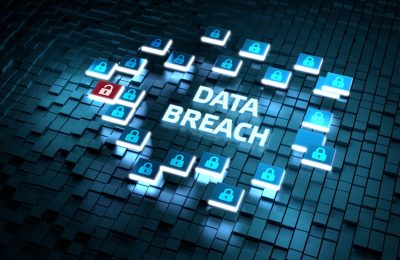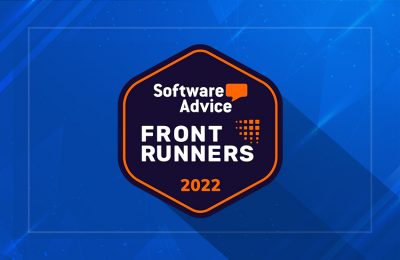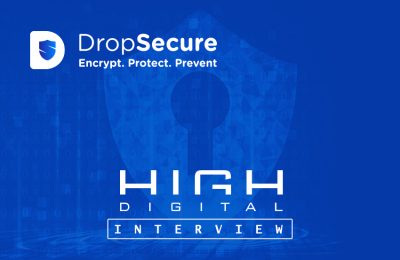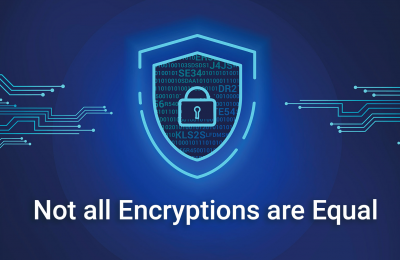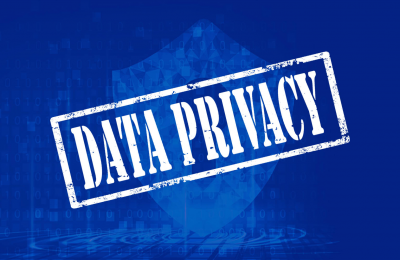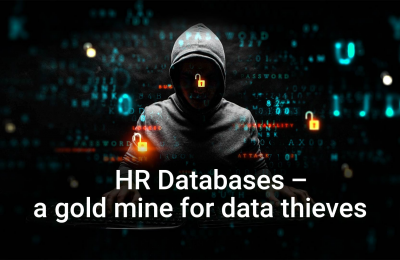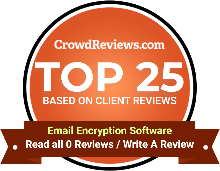1. Always use a Zero-Knowledge Encrypted platform to share classified information
The overwhelming number of data breaches in the last couple of years, given the backdrop of the pandemic, has been due to the associated risk of not using end-to-end encryption when sharing and saving data. With Zero-Knowledge encryption, only you have access to your encryption keys, and most importantly the data is stored in its encrypted form from the client directly. This means that during the transfer, and then storage, the data is kept only in its encrypted form and cannot be decrypted even after the data is transferred and stored on the cloud.
2. Use 2-Step Verification when accessing contracts and sensitive data
2-Step Verification is a must have security feature and should be built into your data collaboration solution. This is an added layer of security which enables safe access to sensitive data from any device or location. The authentication process can be set up via email, phone or an authenticator app. It works on the principle of entering something you know (your password) and something you have (like your pin or code from the authenticator app).
3. Choose a provider that meets all Regulatory compliances
In today’s world, there are a number of rules and regulatory compliances that have been put in place to safeguard processes and strategies in organizations, as they endeavour to achieve their business goals. These regulatory compliance requirements are becoming more and more stringent as they are specifically designed towards ensuring data protection. They are finely nuanced and audit reports showing compliance to them builds client trust, credibility, as well as, improve profitability of the organizations.
4. Frequent and mandatory training programs for all employees as well as contractors
Cyber security awareness for every employee through training is absolutely essential to prevent and mitigate data security risks for the entire organization. The key to these programs is to keep them frequent so that users, employees and contractors are not overwhelmed with the information on cyber security hygiene practices, ability to identify and report phishing scams, as well as, awareness on the construct of social engineering attacks to be better prepared to fend them off.
5. Retire Vulnerable Legacy Technology
Legacy technology is more expensive to maintain and more exposed to cybersecurity risks as they age, especially when vendors stop issuing patches to fix vulnerabilities. To avoid exposure, government agencies should upgrade their technology, transition to secure cloud solution, and in general expedite the implementation of modern IT software.
